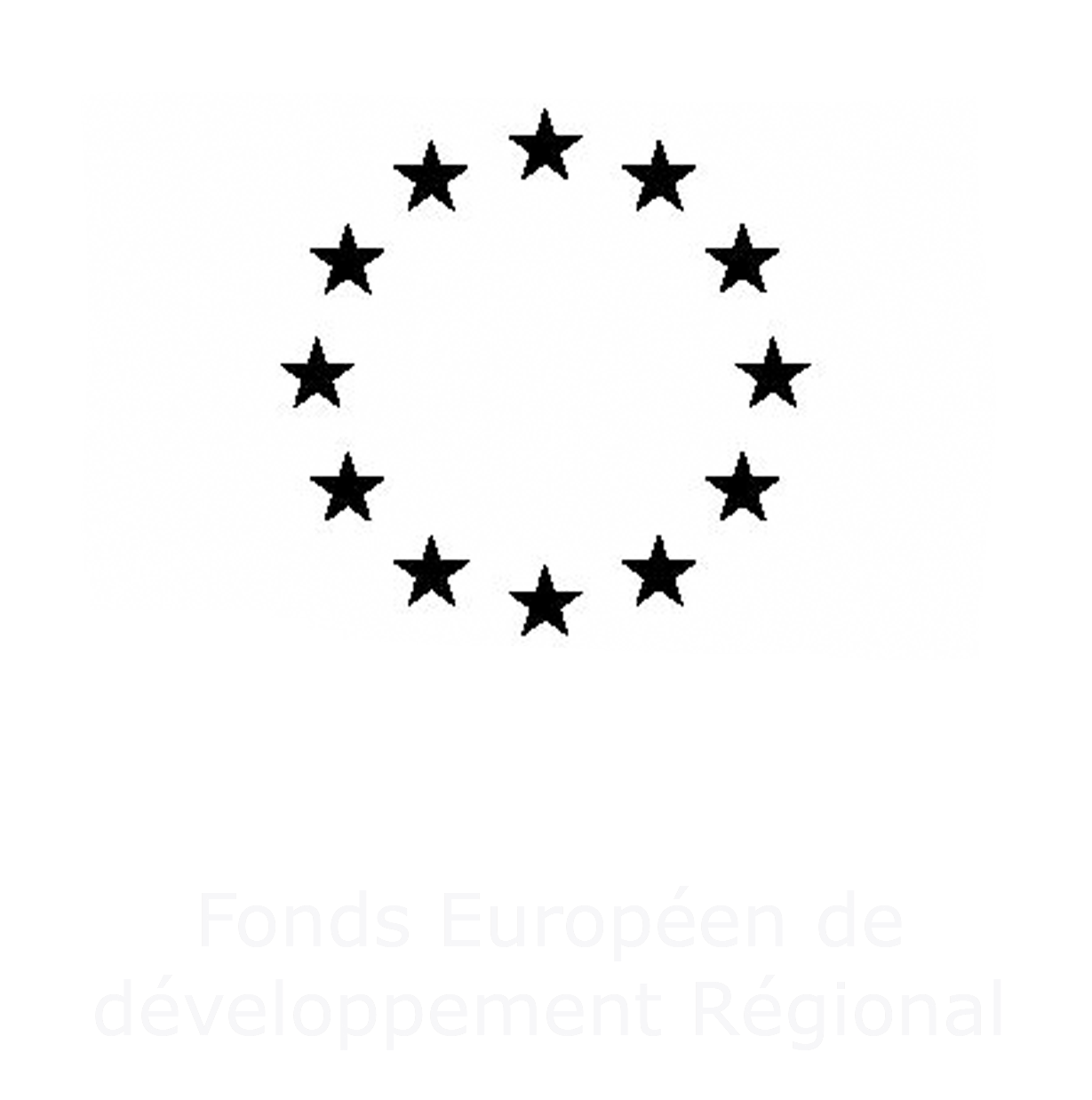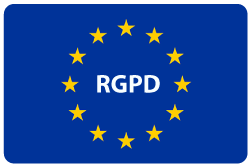Master’s 2 – Architecture of Networks and Technologies Driven by Communications Circuits (ARTICC)
Training
Initial course and ongoing training throughout life
Level
five years of post-secondary education
Method
Distance learning
Duration
2 semesters. The duration of the teaching can be adapted if the student is an employee. The MASTERS programme corresponds to the acquisition of 120 European credits (ECTS).
Course venue
Teaching is conducted over the internet.
Contact details
Course supervisor
Denis BARATAUD
(0033) 555 45 77 53 denis.barataud@unilim.fr
ICT secretary
Ghislaine MONNIER
(0033) 555 45 73 36
(0033) 555 45 77 77
secretariat-tic@unilim.fr
Objectives
This MASTER’s is a degree from the University of Limoges (France) for students with five years of post-secondary education who are preparing to become specialist engineers in architectures of emission and reception of the main current communications systems in the fields of radio communications (microwave/optical electronics), radar, radio navigation, digital television and optics.
Skills
Upon completion of training, students will have acquired comprehensive knowledge relating to systems implemented to ensure the smooth operation of terrestrial, guided or optical links by learning the fundamental principles governing them, such as:
- the diagrams of the main architectures of optical or microwave communication systems,
- the optical or microwave subsystems that are essential in these architectures for transmission of digital and/or analogue data,
- the signals associated with these architectures and subsystems (baseband or modulation),
- the techniques for emission and reception of signals for the various architectures anticipated (telecommunications, radar, radio navigation, digital television)
- the simulations at the system level of these terrestrial or guided links depending on expected performance for communication with the criteria of quality provided.
At the end of the course, each student has a descriptive appendix entitled “Supplement to Degree” which provides a precise description of the university curriculum followed and the skills acquired during the period of study as well as a fair evaluation of progress made and skills acquired.
Number of ECTS credits: 120
Registration fee
Approximately 480 euros for initial training (including social security).
Campus France
The University of Limoges belongs to the agency Campus France and the facility CEF (Centre pour les Études en France). International students who live abroad (outside the EU, excluding BGE/BGF [holders of scholarships awarded by the French government and foreign countries, respectively]), wishing to pursue their studies in Limoges, must file their applications with the agency Campus France. A Centre pour les Études en France exists in the following countries: Algeria, Argentina, Benin, Brazil, Burkina Faso, Cameroon, Chile, China, Colombia, Comores, Gabon, Guinea, India, Indonesia, Ivory Coast, Japan, Lebanon, Madagascar, Mali, Mauritius, Mexico, Morocco, Peru, Republic of Congo, Russia, Senegal, South Korea, Syria (suspended), Taiwan, Tunisia, United States, Vietnam. The procedure is dematerialised: for more information, please click on the link below.
Organisation of the curriculum
Open distance learning (ODL). All information is available on the course website.
The MASTER’s includes an annual reunion at the Faculty of Science and Technology, University of Limoges, for Practical Work. This group is held for 15 days in February.
Compulsory work placement, also called professional development, lasting 4 to 6 months at a company or performing research work in a laboratory.
——————————————————————————————————————————-
Semester 3 Mandatory list
TU341: Techniques of expression – Communication
TU342: Optical Components (and mini project)
TU343: Passive Circuit Components (and mini project)
TU344: Components – active circuits
TU345: Antennae
Semester 4 Mandatory list
TU346: Technical English
TU347: Practical work on optical circuits
TU348: Practical work on passive circuits
TU349: Practical work on active circuit components
TU34A: Active circuits Mini project
TU34B: Practical work on Antennae
TU34C: Antennae Mini project
TU34D: Methodology draft proposal
TU34E: Professional development
Further studies
Pursuit of studies in the form of a doctoral thesis on electronics and optics. Admission to the doctorate is not a right.
Professional integration
Careers : Engineer and/or Telecommunications system architect, R&D engineer, electronics consultant, design and development engineer for applications in telecommunications …
Industries : Ministry of Defence, electronics and telecommunications industries, defence electronics, high-tech consulting companies …


